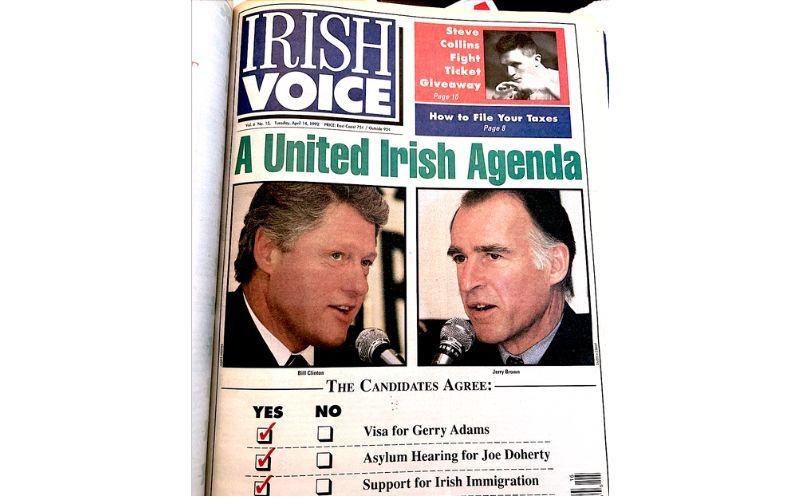Caesar Sayoc's attempted terrorist attack on Democrats and Donald Trump critics reminds isn't the first politically violent act in the US as the news has tried to suggest.
Pity Tom Mooney. Born Thomas Joseph Mooney to poor Irish immigrants in Chicago (though other sources say Massachusetts), Tom was just ten years old when his coal-mining father, Bernard, died in 1893.
What precious little the Mooney family did have, Bernard Mooney believed, could be attributed to the labor movement. Not for nothing was he a prominent organizer for the Knights of Labor.
After Bernard’s death, Tom followed in his father’s footsteps, also playing a prominent role in labor circles and eventually settling down in California. Mooney signed up with various socialist-affiliated organizations and even briefly joined the radical Industrial Workers of the World, otherwise known as the Wobblies.
Having already been arrested numerous times on charges of possessing and transporting explosives, it’s no surprise the authorities came looking for Mooney in July of 1916 when a bomb exploded at the intersection of Steuart and Market streets in San Francisco. Ten people were killed, dozens injured and Mooney was convicted and sent to San Quentin.
I thought of Tom Mooney the other day while listening to a radio report about pipe bombing suspect Caesar Sayoc, who has been linked to explosive devices mailed to various Democrats and Donald Trump critics.
The radio news reporter suggested that with all of the heated political rhetoric these days, and the much-anticipated midterm elections looming, political acts of violence along the lines of mailing pipe bombs is not only extraordinary but unlike anything we’ve ever seen.
If only.
In all likelihood, Tom Mooney was, in fact, wrongly convicted. From New York to California, thousands hit the streets protesting his imprisonment, and he was eventually released and pardoned.
None of which changes the fact that a bomb did, indeed, explode at Steuart and Market streets in San Francisco in July of 1916.
In fact, you might say the remarkable thing about the 21st century is not how politically violent it’s been, but how politically peaceful it’s been. Relatively speaking, anyway.
In the early 1970s, "the bomb became a common mode of political expression," CNN legal analyst and author Jeffrey Toobin wrote in his best-selling book American Heiress, about Patty Hearst. Hearst had been kidnapped, but then may (or may not) have become a willing member of the violent Symbionese Liberation Army.
Hearst and the SLA were just two players in a much bigger, bloodier show.
Toobin notes that between 1972 and 1974, there was an annual average of 2,000 bombings. These attacks left more than 60 people dead.
Author Bryan Burrough, in his book Days of Rage, noted that there was so much political violence in San Francisco around this time that one FBI official referred to the city as the "Belfast of North America."
And so, if “Belfast confetti” refers to the debris that falls from the sky during a riot or following a bombing in Northern Ireland, it’s important to remember such things don’t fall from Irish skies alone.
And Tom Mooney’s time was even worse!
Before the U.S. entered World War I, dozens of ships and buildings were blown up, with suspicious eyes turning to German immigrants, who (like the Irish) generally wanted the U.S. to stay out of the war. In 1915, there was an assassination attempt on financier J.P. Morgan, and a bomb exploded at the Capitol building in Washington.
Most notoriously, in April 1919, more than 30 bombs were mailed to the homes of governors, Supreme Court justices and mayors. (Sound familiar?) This all culminated, following another wave of bombings two months later, in the infamous Palmer Raids.
U.S. Attorney General A. Mitchell Palmer launched a crackdown on “radical” immigrants and labor groups, arresting nearly 10,000 people and deporting hundreds more.
As ugly as the pipe bombs could have been, the thing we really need to worry about is all of the hateful kooks with guns out there, as we were reminded yet again in Pittsburgh this week.
But there’s nothing we can do about that, is there?
Read more: American Carnage: the worst week in recent American history




Comments